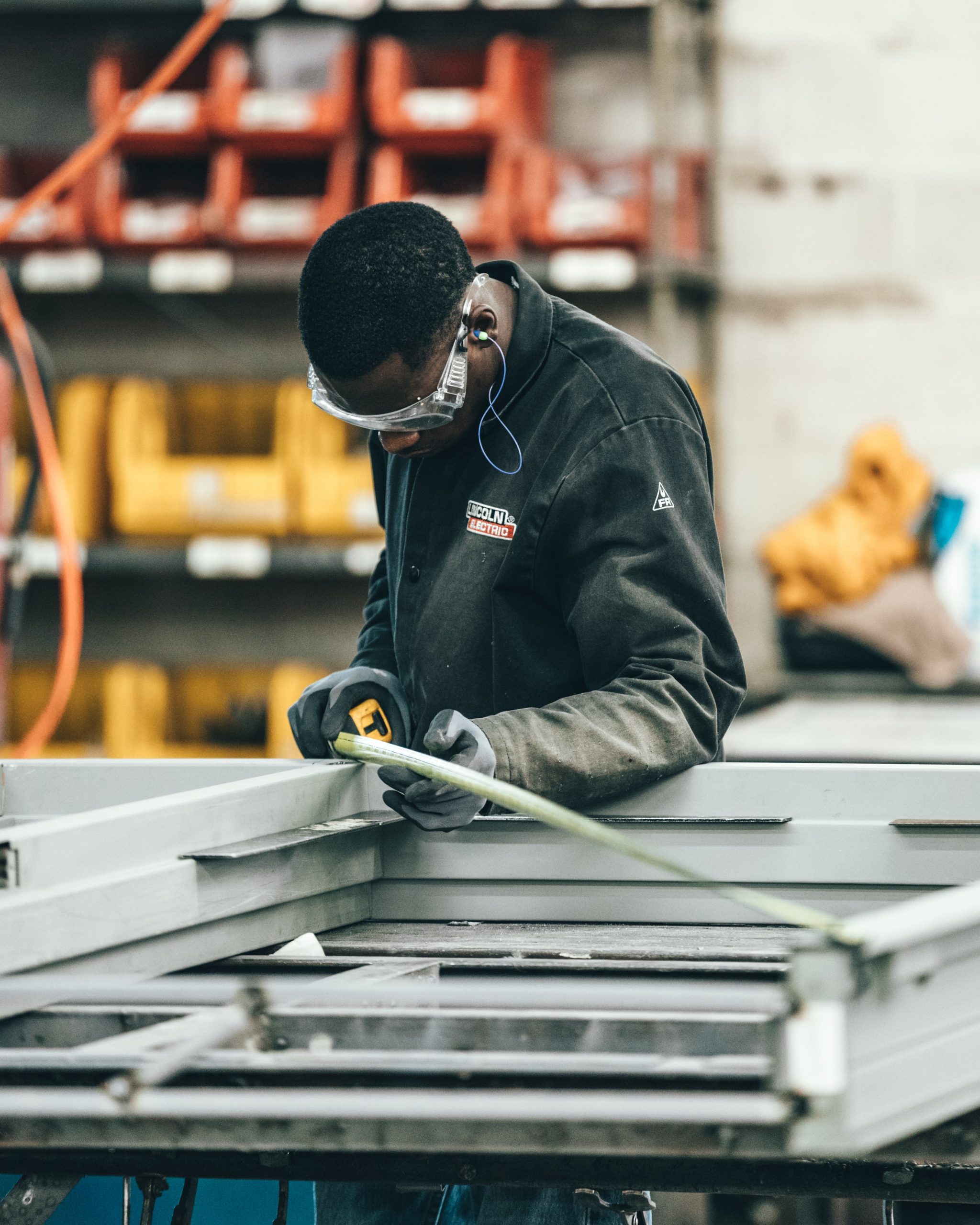
A Foundational Technology Development and Deployment Office to Create Jobs
Summary
The history of the United States is replete with examples of how foundational new technologies can transform the economy and create jobs. From the automobile to the transistor to recombinant DNA, foundational technologies have enabled an expanding middle class and prosperity for millions of Americans. The federal government played a vital role in providing and enabling early market development and applications for these technologies. The United States must rededicate itself to promoting new technologies beyond the research and development phase, if it is to maintain a position of global economic leadership and successful transition to the 21st century economy.
The U.S. government should create a Foundational Technology Development and Deployment Office within the Department of Commerce that retains flexible financing authority to support market-pull programs for early-stage commercialization of innovative firms. An annual $50 billion authorization, for five years, would spark nascent strategic industries (e.g., new energy production and distribution, advanced manufacturing, synthetic biology, materials, robotics, mobility, space exploration, and next-generation semiconductors), and would be critical to transitioning the U.S. workforce for the 21st century economy. With the success of such an office, the U.S. will cement itself as the global locus of frontier technology industries. The country could also ensure that the economic spillovers from innovation are distributed more equally across socio-economic groups, through the creation of more domestic, advanced manufacturing that creates middle-skill jobs.
To understand the range of governmental priorities for the bioeconomy, we spoke with key agencies represented on the National Bioeconomy Board to collect their perspectives.
Congress should foster a more responsive and evidence-based ecosystem for GenAI-powered educational tools, ensuring that they are equitable, effective, and safe for all students.
Without independent research, we do not know if the AI systems that are being deployed today are safe or if they pose widespread risks that have yet to be discovered, including risks to U.S. national security.
Companies that store children’s voice recordings and use them for profit-driven applications without parental consent pose serious privacy threats to children and families.